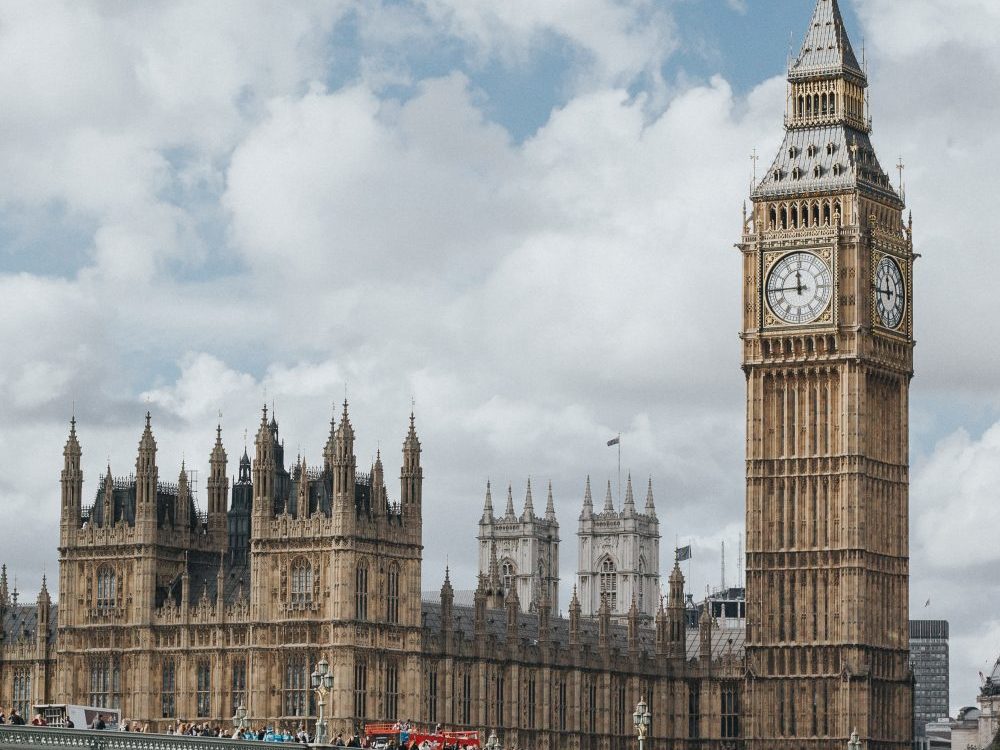Of the many female MPs standing down before the next general election, many have cited abuse as one of the main reasons behind their decision. The harassment of female MPs seems to have reached epidemic levels, with the horrific murder of Labour MP Jo Cox three years ago shedding light on the hate and violence women in Westminster are exposed to on a daily basis.
In a letter to her constituents, former Conservative MP Heidi Allen explained her decision to stand down, confessing to being exhausted by the “nastiness and intimidation that has become commonplace”.
“Nobody in any job should have to put up with threats, aggressive emails, being shouted at in the street, sworn at on social media, nor have to install panic alarms at home,” she writes.
Other prominent MPs retiring before the next election are Justine Greening, former Education Secretary; Amber Rudd, Former Home, and Work and Pensions Secretary; and Dame Louise Ellman MP, 73, who said she was “deeply troubled’” by the rise of Anti-Semitism within Labour in recent years.
Similarly, cabinet minister Nicky Morgan said abuse was one of the reasons she would not contest her seat in the next general election. It appears that female MPs tend to retire prematurely and in the instance of Tory MPs, women spend an average of ten years less in parliament and tend to retire at a considerably younger age than their male counterparts.
It’s not hard to see why: in June 2018, neo-Nazi Jack Renshaw admitted to plotting the murder of Labour MP Rosie Cooper with a machete. The 23-year-old, who was a member of the terrorist group National Action, was jailed for life earlier this year.
Lib Dem MP Luciana Berger has seen six different people convicted for threats to her and her family. In a recent interview with The Guardian, Berger said: “The threats come all the time. Because I’m Jewish and a young woman, I have always had a disproportionate level of it but it’s got worse.”
“My security has been considerably ramped up to protect me physically and I try to insulate myself against the online abuse by being careful when I look at my emails, Facebook or my Twitter streams. But the threats are never-ending: you can’t avoid them altogether.”
Issues surrounding race and ethnicity are a contributing factor to the abuse some MPs receive both online and in real life. In 2018, Labour MP Rushanara Ali revealed she had received one of the ‘Punish a Muslim’ letters which was also sent to four other Muslim MPs.
And of course there’s Labour MP Diane Abbot, historically a target of hate from online trolls. A study published by Amnesty International found that Diane Abbot received nearly half of the abuse directed at female MPs.
Another study showed that BAME women MPs receive almost half (41%) of the abusive tweets, despite there being almost eight times as many white MPs included in the research.
While abuse to MPs cuts across party lines, the study shows that out of the top five most abused women MPs three are Labour with one SNP and one Conservative. Labour women received by far the most abusive tweets per MP — 75% of the total, followed by the SNP.
The response by the government is seen as inadequate by most politicians and activists. New research by the Women and Equalities Select Committee found that two in three female MPs believe that progress on tackling violence against women in politics, including online, has an impact on their willingness to stand for re-election.
Jade Azim, Senior Parliamentary Assistant and member of voluntary organisation Women in Westminster, points out that “with a government intent on ignoring the pleas of female MPs begging a regulation of language for the sake of their safety, it is safe to say this government is NOT doing enough to tackle inequality in the House. Female MPs face danger every single day.”
She goes on to add that the harassment of women starts from within the House of Commons: “Outspoken women face abuse regardless. The feminisation of what archaic men view as what was once a space solely for them upsets bigots.
“And this has been amplified tenfold with the rise of the far-right, who merge their racism and sexism to create a toxic blend particularly for progressive women advocating on behalf of migrants. The impetus right now is on safety. Change the language, fight the far-right, make this environment safe.”
Last October, Conservative MP Maria Caulfield revealed she was sent death threats in the form of photos of decapitated children.
“I have experienced a huge amount of abuse and threats which many colleagues don’t get,” she tells Restless Magazine.
She talks about the importance to make it a crime to intimidate and threaten MPs or parliamentary candidates: “This would make a difference as currently people feel no repercussions for their actions.”
“Social media also needs to take responsibility for what is posted on their sites as a lot happens online that would never happen in reality,” she adds.
As Labour MP Rachel Reeves explains, “while the prime minister Boris Johnson dismisses such threats as ‘humbug’, the fact is that they are all too real. My friend and colleague Jo Cox was murdered by a neo-Nazi activist in June 2016”.
She concludes: “Social media companies can play a role in moderating abusive material, but most of all I believe it is the duty of our political representatives to use language that is respectful, and to put into practice Jo’s belief that we have more in common than that which divides us.”









